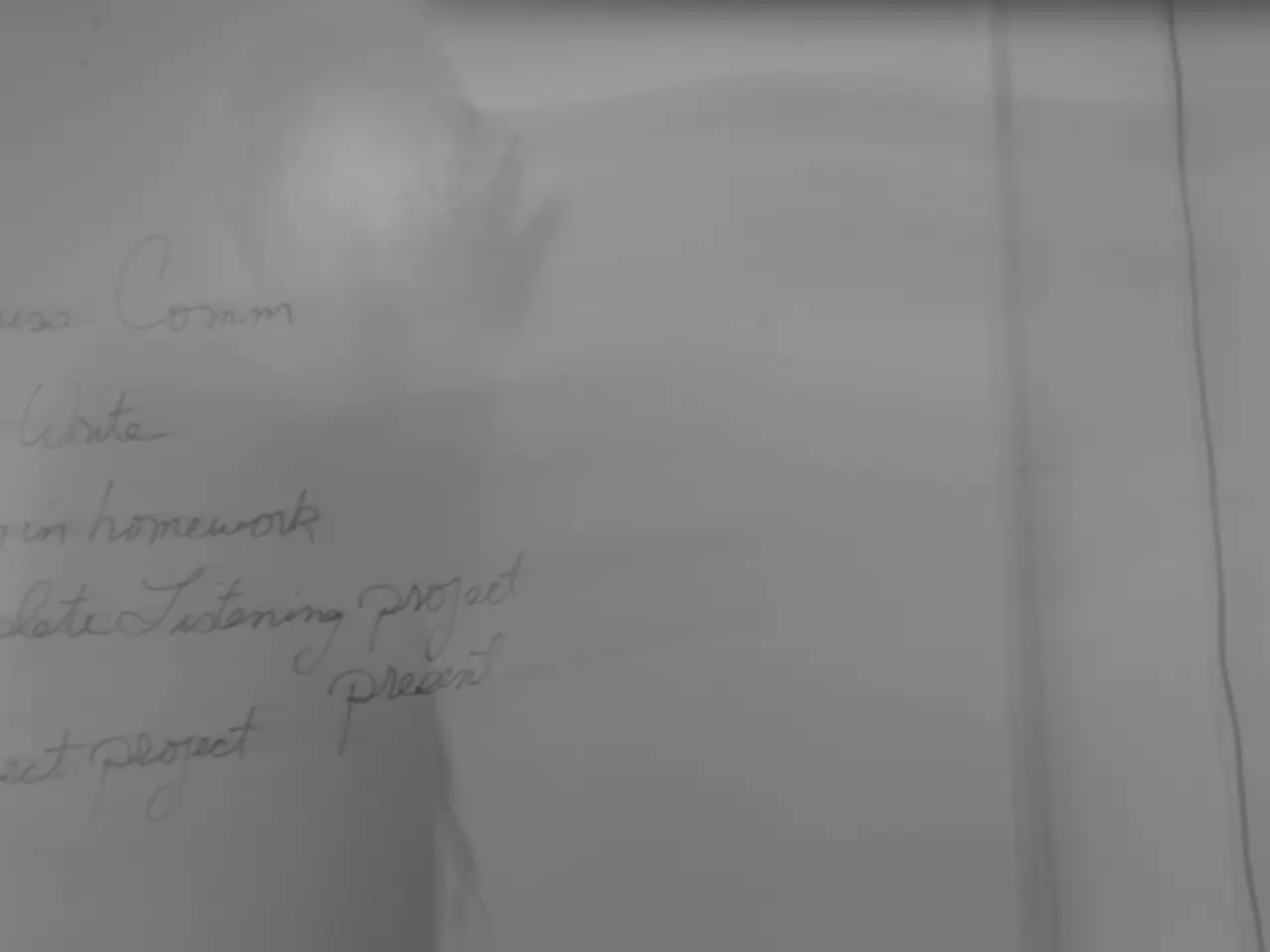Wage undercutting jeopardizes the welfare state, according to SPD parliamentary leader Dirk Wiese's warning.
The SPD Social State Commission, appointed by Federal Labor Minister Bärbel Bas, is gearing up to present proposals by the end of 2025 aimed at streamlining and reforming the social welfare system. The commission's work centres around making the welfare state more effective, citizen-friendly, and efficient while maintaining the overall level of social protection without bureaucratic delays.
Dirk Wiese, SPD parliamentary manager, has stated the importance of ensuring that the welfare state is not seen as a piggy bank. He also emphasised the need for more socially insured jobs to reduce transfer payments, although he did not mention subsidizing wage dumping in the context of the reforms.
The reforms target benefits such as housing allowance, child supplements, and the citizen’s allowance, aiming to consolidate benefits, accelerate administrative processes, and digitalize services. The commission’s mandate includes formulating measures to keep the welfare state affordable amid budget constraints and rising social spending, which indirectly suggests approaches to reduce dependency on social assistance by improving employment integration and reducing "top-up recipient" cases.
While specific proposals or measures have not yet been disclosed, the SPD has indicated an intention to modernize the welfare state to support those in need quickly and unbureaucratically, implying reforms that encourage labor market participation and reduce the need for supplementary social benefits. Separate expert commissions are also working on reforms in related social subsystems (health insurance, pensions, long-term care), which indicates that improvements to socially insured employment might involve coordinated reforms across social security elements.
There is political pressure from coalition partners and critics to reduce long-term welfare dependency and keep social spending sustainable. However, exact concrete proposals on "increasing socially insured jobs" or specifically reducing "top-up recipients" have not yet been publicly detailed.
The SPD politician acknowledged the need for reforms, but did not specify the nature of the reforms. The welfare state is considered a pillar of the social market economy, and no intention of dismantling it was expressed. The reforms will be approached with an open mind, and the aim is to have more people in work instead of relying on unemployment benefits top-ups.
The Social State Commission is set to present their reform proposals in December, which could lead to savings on unemployment benefits and the federal budget. The reforms, if implemented in 2026, could potentially contribute to a more sustainable social welfare system and a stronger economy.
Read also:
- United States tariffs pose a threat to India, necessitating the recruitment of adept negotiators or strategists, similar to those who had influenced Trump's decisions.
- Weekly happenings in the German Federal Parliament (Bundestag)
- Southwest region's most popular posts, accompanied by an inquiry:
- Discussion between Putin and Trump in Alaska could potentially overshadow Ukraine's concerns








